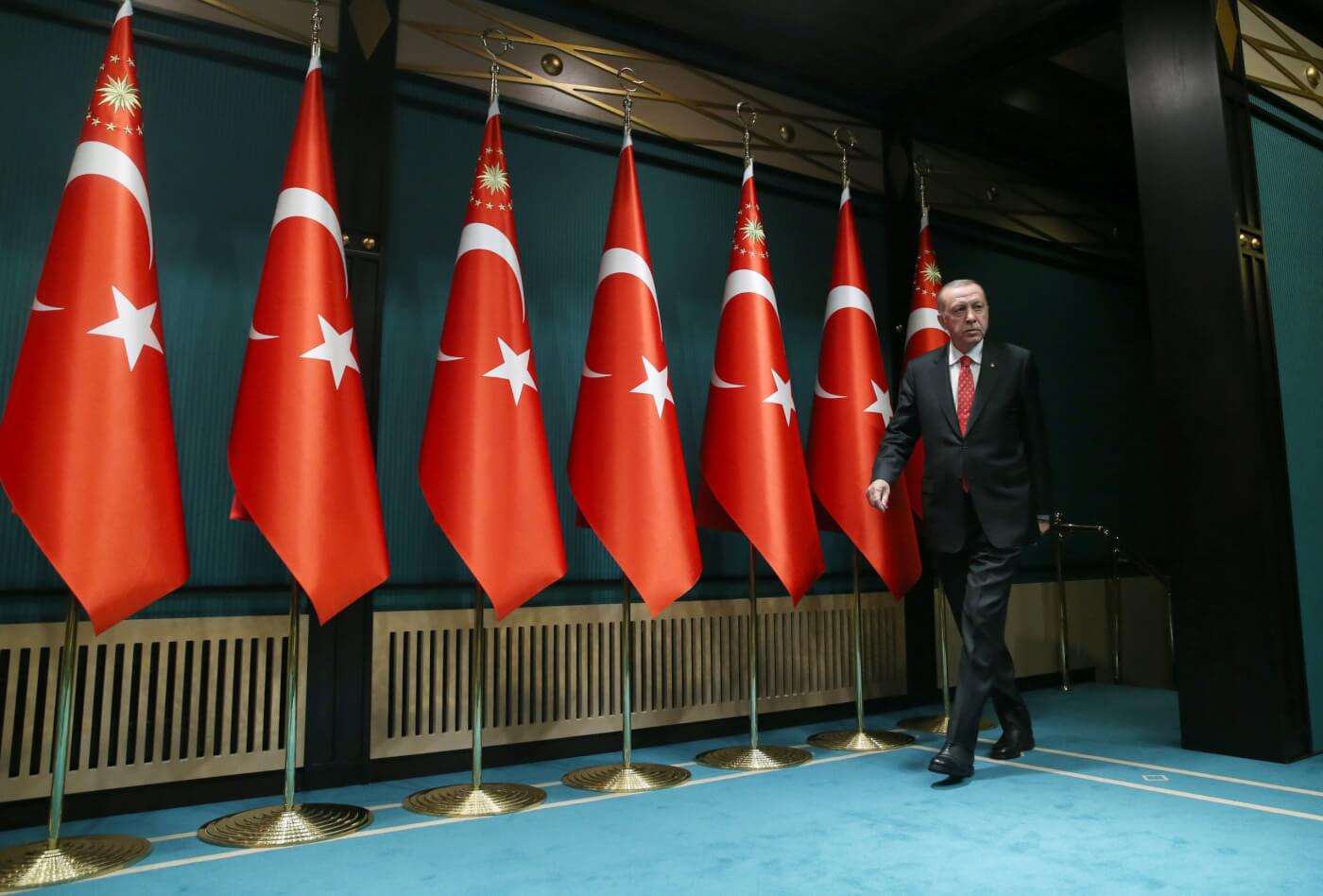In a statement issued by 11 organisations, including Human Rights Watch, following their visit to Turkey between 6 and 9 October to meet with journalists, officials, and others to assess the conditions for media freedom in Turkey, the coalition concluded:
“Turkey’s press freedom crisis is worsening amid growing state capture of media, the lack of independence of regulatory institutions, and a new social media law designed to clamp down on the remaining spaces for free comment.”
The new social media law came into force on 1 October and paves the way for greater online censorship as it considerably strengthens authorities’ control over social networks. Platforms will have to obey Turkish court orders to remove content that is reported as offensive by either individuals or the government within 48 hours. Failure to do so could lead to fines of up to €4.3 million or restrictions on bandwidth, blocking access to the platform.
The statement declared that “While the government claims the measure is based on ‘similar’ legislation in Western countries, Turkey’s courts and regulatory bodies lack the independence necessary to prevent abuse of the law.”
“In practice the law therefore could serve as a new tool to silence critics online.”
The coalition of groups also flagged the continued jailing and prosecution of journalists as well as ongoing concerns over the safety of journalists and judicial independence in their statement.
The International Observatory of Human Rights (IOHR) has long advocated for the release of journalists and media workers in Turkey and through the campaign #FreeTurkeyMedia highlighted the Turkish regime’s crackdown on press freedom.
Last week, IOHR highlighted the case of Ahmad Al-Astal, a Palestinian journalist from the Gaza Strip, who reportedly went missing in Turkey over a month ago yet there has still been no official comment from the Turkish authorities.
Turkey remains silent over three weeks after Palestinian journalist goes missing
In 2019, the Committee to Protect Journalists declared, for the first time in four years, that Turkey has not been the world’s worst jailer but the reduced number of prisoners does not signal an improved situation for the Turkish media.
Turkey is still one of the worst jailers of journalists and “the fall to 47 journalists in jail from 68 in 2018 reflects the successful efforts by the government of President Recep Tayyip Erdoğan to stamp out independent reporting and criticism by closing down more than 100 news outlets and lodging terror-related charges against many of their staff,”
CPJ stated in its annual report.
According to the Stockholm Center for Freedom’s “Jailed and Wanted Journalists in Turkey” database, 176 journalists are currently behind bars in Turkey, while 167 are wanted and are either in exile or remain at large.
In their statement, the 11 human rights organisations stated:
“Scores of journalists remain behind bars in Turkey or face baseless prosecutions in retaliation for their work. State authorities continue to instrumentalize a justice system that does not guarantee basic due process rights in court. The lack of political will to end this pattern, largely unchanged since 2016, is hugely disturbing.”
In April this year, IOHR spoke to Nurcan Baysal, a Kurdish journalist from Diyarbakir in south eastern Turkey who continues to defend human rights and stand up for her right to report in the face of persecution and arrest in Turkey.
Turkey was ranked 154th out of 180 countries in the 2020 World Press Freedom Index released by Reporters without Borders (RSF).
The suppression of press freedom and the harassment of journalists is not the only rights violations conducted by Erdoğan’s regime. That is why, in early 2020, the Turkey Tribunal was set up in collaboration with IOHR to establish a framework to review the current situation and the promises made by the Turkish government to improve their dire human rights record.
Together, IOHR and the Turkey Tribunal will publish six reports that will be presented and brought before a physical tribunal when it convenes in late autumn in Geneva. Although not a legally binding body, the calibre of judges, witnesses and experts will give the tribunal authority through transparency to raise awareness among the international community and establish the benchmark for change.

